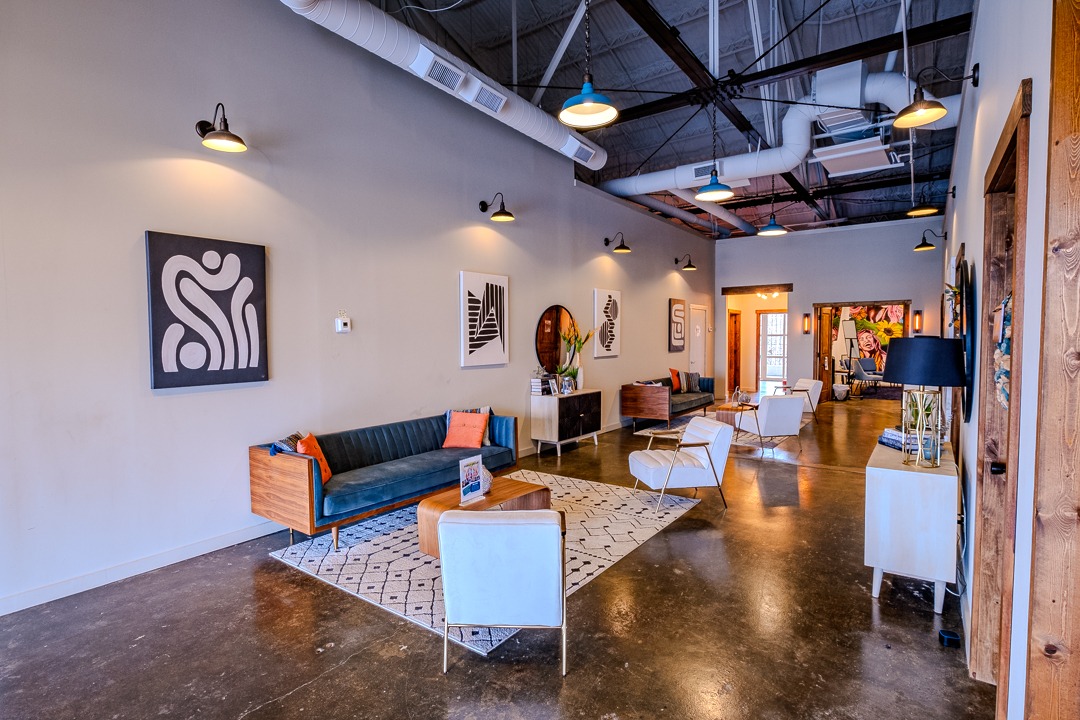Inpatient Rehabs in Atlanta, GA
The Summit Wellness Group frequently recommends that clients go to one of our network of partner inpatient drug rehabs in Atlanta, Georgia once they have been medically stabilized. Also known as residential addiction treatment, this is the highest level of care available with supervision and support available 24 hours a day and administered by professionals who are certified and trained in a broad assortment of fields and specializations.
Seeking help for drug and alcohol abuse can be extremely frustrating, especially with so many different options and facilities. When you are struggling with substance abuse, possible withdrawal, and cravings, inpatient rehab may be the next step towards recovery.
When is Inpatient Addiction Treatment Recommended?
Client has previously attempted treatment
The risk of relapse is always present when it comes to addiction treatment. Because inpatient treatments are more comprehensive and clients are under constant supervision, abstaining from drug or alcohol use may be easier in this setting.
Client struggles with dual diagnosis conditions
When someone is dealing with substance abuse as well as mental illness, it is critical that they receive treatment at the same time. Inpatient rehab centers are better able to provide treatments that tackle both conditions simultaneously.
Client abuses multiple substances
Abusing multiple substances at the same time can pose a serious threat to clients, especially if those drugs interact with each other and cause side effects that may be severe. Along with that, clients may require medically supervised detox and round-the-clock care that many inpatient facilities provide.
Client does not have a supportive living situation
The living environment often plays a huge role in whether someone is able to remain sober or not. If a person lives with people who use drugs or encourage continued use, they are more likely to relapse. If the client is living with other individuals who are also going through treatment and are working to remain abstinent, they are more likely to do the same.
Client is incapable of remaining sober
If a person is unable to remain sober outside of treatment, then it is probably best for them to live in an environment where they are unable to get drugs or alcohol. Constant supervision, full daily schedules, and peer support make it easier to abstain from use and remain in treatment.

Benefits of Inpatient Treatment at The Summit Wellness Group’s Partner Facilities
Inpatient Rehab Therapies Available at The Summit Wellness Group’s Partner Facilities
As a rule, it is always best to seek programs that combine both evidence-based treatments as well as experimental methods. Well-rounded plans offer the best chances of success because they treat the whole client. Some of the best therapies our partner inpatient drug rehabs in Georgia use are:
Medication-Assisted Treatments (MAT)
MAT treatments use medications in conjunction with behavioral therapies and counseling in the treatment of substance abuse. These medications can reduce withdrawal symptoms and help clients deal with cravings.
Cognitive Behavioral Therapy (CBT)
This is a psychosocial therapy aimed toward improving mental health by the elimination of negative cognitive distortions and emotional roadblocks as well as the development and/or improvement of coping mechanisms.
Experiential Therapies
Experiential therapies are a wide variety of different real-world activities that use learned skills from individual or group therapy and apply them to different situations. These therapies have a variety of different benefits
Motivational Enhancement Therapy (MET)
This is a methodology designed to quickly evoke a patient’s motivation for positive change. It can be critical in helping clients choose for themselves to seek help and remain committed to the treatment plan.
Holistic Therapies
Holistic therapies are critical in reducing anxiety and other negative emotions. These can include yoga, meditation, therapeutic fitness and acupuncture, all of which provide clients with coping skills that can be used outside of treatment.
Dialectical Behavior Therapy (DBT)
DBT is a psychotherapeutic process in which therapists and patients work with acceptance and change-oriented strategies to develop healthier problem resolution ideas and skills.
How Long Do Rehab Programs at The Summit’s Partner Facilities Last?
While the average stay is 30 days, most facilities offer 60-day, 90-day, or even longer programs. Length of stay depends on several factors, such as the severity of the addiction, the existence of any co-occurring mental health conditions (such as clinical depression or bipolar disorder), and whether or not the client has attempted a rehab program in the past. The National Institute on Drug Abuse (NIDA) recommends that clients remain in treatment for no less than 90 days.
Costs of Inpatient Substance Abuse Treatments at The Summit’s Partner Facilities
The cost of an Atlanta inpatient rehab can vary substantially from one facility to another. Some programs, particularly those which are government-run, may be free, while certain private facilities can cost hundreds, if not thousands, of dollars per day. The average cost is around $6,000 for a 30-day program, with most top-rated private centers charging $20,000 or more for premium versions of similar services. For clients requiring 60- or 90-day programs, costs can easily range from $12,000 to $60,000. The good news is that most programs do offer financial aid, accept insurance, or have other financing options.
Insurance is the most common method for financing treatment. The amount which insurance carriers are willing to cover depends upon the insurer, the patient’s plan, and what agreements may exist between the provider and the insurer. It is critical to ascertain these details prior to client enrollment so as to avoid potentially unresolvable financial headaches later.
Plenty of free or low-income options are available in many areas. While they are not nearly as “luxurious” as many private facilities, they offer many of the same core services.


